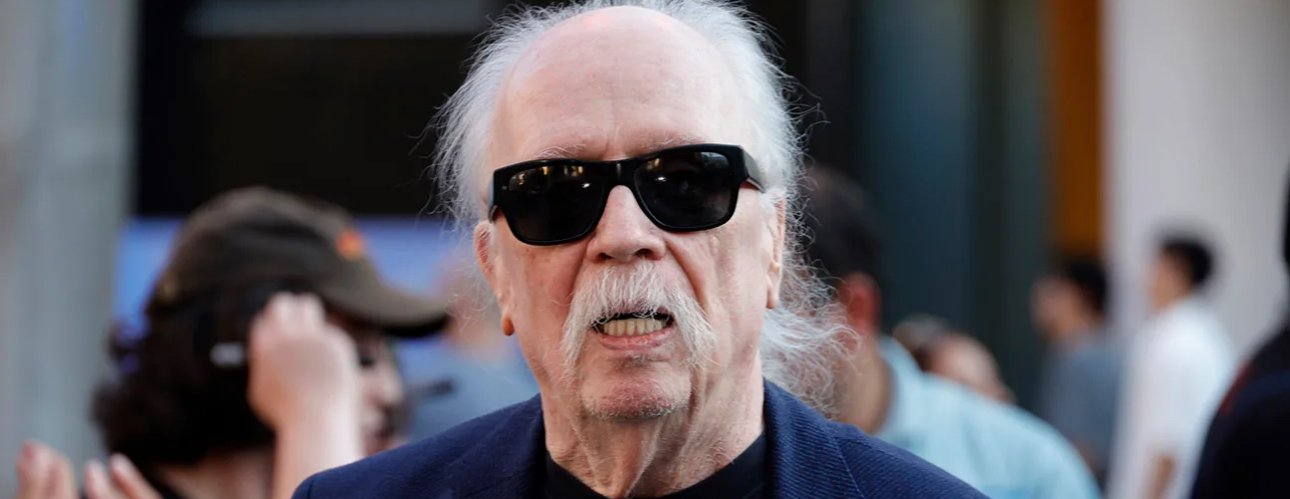More of my coverage can be read HERE
[TORONTO] “This is not the Nate Parker story, this is the Nat Turner story,” so said “The Birth Of A Nation” actress Penelope Ann Miller at the Toronto International Film Festival to a packed house at the Fairmount Hotel. That was the theme of the “Birth Of A Nation” press conference throughout its hour-long discussion on the film, but also the political climate in America.
Winner of the top prize at this year’s Sundance Film Festival, the film was seemingly destined for many Oscar nominations due to its urgent and relevant topic and the rising star of its writer director Nate Parker. But controversy arose over a month ago, when a past 1999 rape allegation concerning Parkers and Jean Celestin, who gets a story credit in the film, during his Penn State days re-emerged in the spotlight, followed by the news that his accuser had later committed suicide.
Winner of the top prize at this year’s Sundance Film Festival, the film was seemingly destined for many Oscar nominations due to its urgent and relevant topic and the rising star of its writer director Nate Parker. But controversy arose over a month ago, when a past 1999 rape allegation concerning Parkers and Jean Celestin, who gets a story credit in the film, during his Penn State days re-emerged in the spotlight, followed by the news that his accuser had later committed suicide.
The mood was awkward at today’s press conference, as Parker kept dodging questions concerning his past. “This is a forum for the film, the people sitting on the stage, I don’t want to hijack it with my personal life,” he said when asked why he hadn’t yet apologized to the family of the woman at the centre of the case. “Respectfully I want to continue to celebrate the people that are in front of us today.” His outspoken co-star Gabrielle Union concurred, “There is the art and there is the artist, these are two different things … To those that want to stay home I tell them whatever issue you have bring it to the theatre and judge for yourself.”
Parker seemed content with having his cast answering some of the more pertinent questions, but stepped in to confirm that the release and awards push are continuing on as planned. “I can’t speak for the [distributor] Fox [Searchlight]. We are still moving forward as planned with everything.” He went on to elaborate “I don’t pretend to be an expert on people’s reactions. I’m a filmmaker. I am going to stand in that lane and stay there.”
That was the overall vibe of today’s press conference: the dodging of controversial questions about the case. But the case and crew were more forthcoming when it comes to the film’s political themes, around racial issues in America. “America is dealing with an identity crisis. Who are we as a country. What is out past?” Union added. “The stain of white privilege has been ingrained in American culture. We devalue and dehumanize ourselves when we refuse to accept that … we have not created a movie, we have created a movement, this isn’t just about one person. This is about everyone.”
Personal issues took a backseat for the actual movie itself which depicts the life of Nat Turner, a literate slave that was also a preacher and who orchestrated the single biggest southern slave uprising known in American history. “Detail was critical for us,” Parker added, “this was not the only revolt. There were hundreds and hundreds of revolts.” The bigger picture for the director is the hope that people will deal with his art separately from his past personal issues “For anyone that’s listening who’s thinking this movie could deal with trauma of African Americans, it cannot. The reality is we’ve all been traumatized as people. We have all been held back and scarred, oozing puss and injuries. This movie is a rebellion against extrication.”
Aunjanue Ellis, who plays Turner’s wife Nancy in the movie, went on to state that the film was more than just Parker’s, it was the collective whole. “We own the film this is our film we brought blood sweat and tears. This movie is the communication that we have when we get beaten down by a baton.” Aja Naomi King, who plays Cherry in the movie, went on to say “slavery is not a stain in American history, it IS American history … there is nothing more patriotic than resistance in America.” She added, “this film is meant to galvanize us shock us into action. All of us must stand and do something. The movement Nat Turner started continues today.”
Bothered again by another question on his past, this time by The New York Times asking if his upcoming promo visits to American campuses this fall for the film might have him also dealing with the topic of sexual abuse in college campuses throughout the country, Parker replied “I want to give young people some kind of way in with the material at hand, but I have talked specifically with Gabrielle [who recently spoke out with a powerful piece about her own sexual assault years ago] about dealing with the issues facing me in the proper way.”





